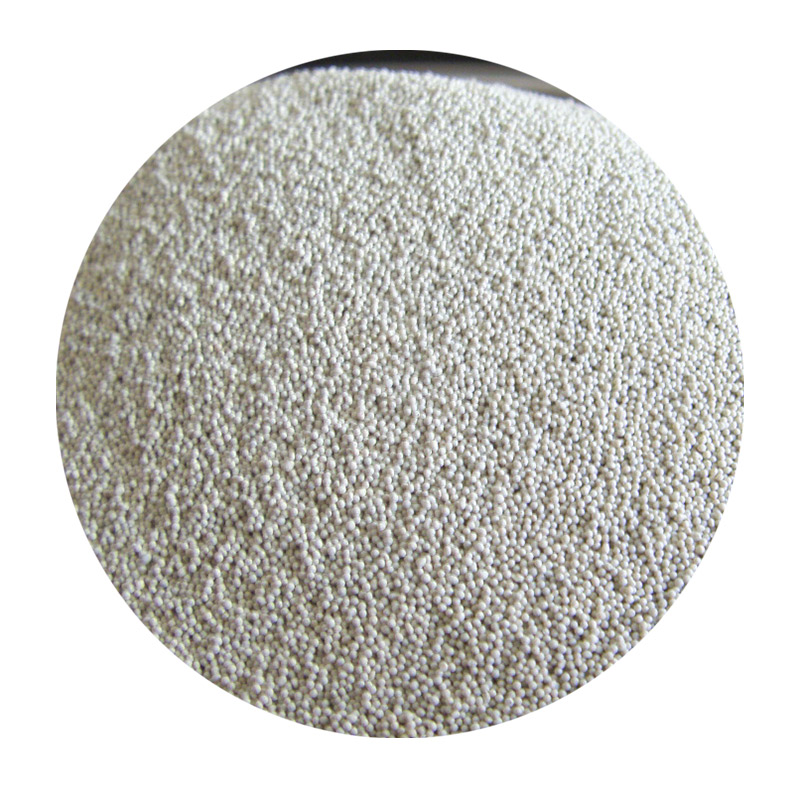Understanding Sand Types in Sand Casting
Sand casting is one of the oldest and most widely used metal casting processes. It involves pouring liquid metal into a mold created from sand. The quality of the final cast product largely depends on the type of sand used in this process. There are several types of sand utilized in sand casting, each with unique characteristics, advantages, and disadvantages. This article aims to explore the various types of sand utilized in sand casting, their properties, and their applications.
1. Silica Sand
Silica sand, primarily composed of silicon dioxide (SiO2), is the most common type of sand used in sand casting. It is preferred due to its high melting point, which allows it to withstand the high temperatures of molten metal. Additionally, silica sand is readily available and relatively inexpensive, making it a cost-effective choice for many foundries. The grains of silica sand can vary in size and shape, and finer grains tend to produce smoother surfaces on the cast product. However, silica sand is prone to eroding due to the thermal shock from the molten metal, which can result in defects in the cast.
2. Green Sand
Green sand is not a specific type of sand but rather a mixture that includes silica sand, clay, and water. The clay acts as a binding agent, enabling the sand to hold its shape during the mold-making process. Green sand is called green not because of its color but because it contains moisture. Its high moisture content makes it pliable, allowing for the creation of intricate mold designs. The use of green sand results in good surface finishes, but it may have limitations in terms of producing more complex shapes due to its softness compared to other types of molds.
3. Resin Sand
sand casting sand types

Resin sand, or resin-bonded sand, uses a phenolic resin as a bonding agent. This type of sand offers superior strength and can be used to produce molds with high dimensional accuracy. Resin sand molds can withstand higher temperatures and are less susceptible to erosion compared to traditional green sand molds. The final cast product made from resin sand typically has a much finer surface finish, making it preferred for precision components. However, resin sand also tends to be more expensive, and the casting process is usually more complex due to the need for additional equipment to cure the resin.
4. Shell Sand
Shell sand casting involves a process where a thin shell of sand is formed on the surface of a heated pattern. The sand is mixed with a resin binder that cures upon contact with the hot pattern. This process results in a hard, rigid mold that can create high-quality castings with excellent surface finishes. Shell sand molds are particularly suitable for complex shapes and thin-walled components. The primary drawback is the cost associated with the materials and the process involved in making shell molds.
5. Oil Sand
Oil sand, or oil-bonded sand, is a mixture of sand with an oil-based binder. This type of sand is advantageous because it can produce molds that withstand high thermal shock and maintain strength at elevated temperatures. Oil sand casting is ideal for castings that require excellent dimensional accuracy and surface finish. However, the oil binder can lead to complications during the melting phase, requiring careful management of temperature and handling to avoid defects.
Conclusion
The selection of sand type in sand casting is crucial to achieving the desired quality of the final product. Each type of sand has its own set of advantages and challenges, and the choice will depend on factors such as the complexity of the casting, desired surface finish, and cost considerations. By understanding the various types of sands available, manufacturers can make informed decisions that enhance their production processes and ultimately lead to better-quality metal castings.
Post time:Նյմ . 19, 2024 01:56
Next:how does sand casting work
